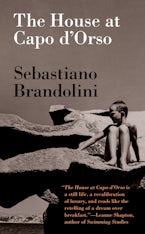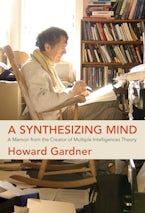A memoir of a friendship with Michel Foucault that changed the author's life.
“I loved Michel as Michel, not as a father. Never did I feel the slightest jealousy or the slightest embitterment or exasperation when it came to him. … I was intensely close to Michel for a full six years, until his death, and I lived in his apartment for close to a year. Today I see that time as the period that changed my life, my cut-off from a fate leading to the precipice. In no specific way I'm grateful to Michel, without knowing for exactly what, for a better life."
—from Learning What Love Means
In 1978, Mathieu Lindon met Michel Foucault. Lindon was twenty-three years old, part of a small group of jaded but innocent, brilliant, and sexually ambivalent friends who came to know Foucault. At first the nominal caretakers of Foucault's apartment on rue de Vaugirard when he was away, these young friends eventually shared their time, drugs, ambitions, and writings with the older Foucault. Lindon's friend, the late Herve Guibert, was a key figure within this group. The son of the renowned founder of Editions de Minuit, Lindon grew up with Marguerite Duras, Alain Robbe-Grillet, and Samuel Beckett as family friends. Much was expected of him. But, as he writes in this remarkable spiritual autobiography, it was through his friendship with Foucault—who was neither lover nor father but an older friend—that he found the direction that would influence the rest of his life.
As Bruce Benderson writes in his introduction, “The book is a collage of free-associated episodes and interpretatons that together compose for the reader a kind of manual about how to love. … As he runs from apartment to apartment, job to job, or lover to lover, the book becomes a story of conversion testifying to an author's radical change of viewpoint, which leads to his invitation into the social world through lessons about love.”
A brilliant meditation on friendship, Learning What Loves Means provides an insight into a part of Foucault's life and work that until now, remained unkown. The book won the prestigious Prix Médicis in 2011 when it was published in French.












